Metabolism

Serine/threonine kinase AMPK upregulates glucose uptake by promoting the expression and function of glucose transporters. AMPK is activated by increased AMP/ATP ratio, resulting from cellular and environmental stress, e.g. low glucose, heat shock, hypoxia and ischemia. AMPK activation positively modulates signaling transductions that refill ATP levels. Moreover, it also stimulates catabolic processes such as fatty acid oxidation and glycolysis through inhibition of ACC and activation of PFK2. AMPK negatively regulates various proteins which are important to ATP-consuming mechanisms, e.g. mTORC2, glycogen synthase, SREBP-1, and TSC2, causing the downregulation/inhibition of gluconeogenesis and glycogen, lipid and protein synthesis.
-
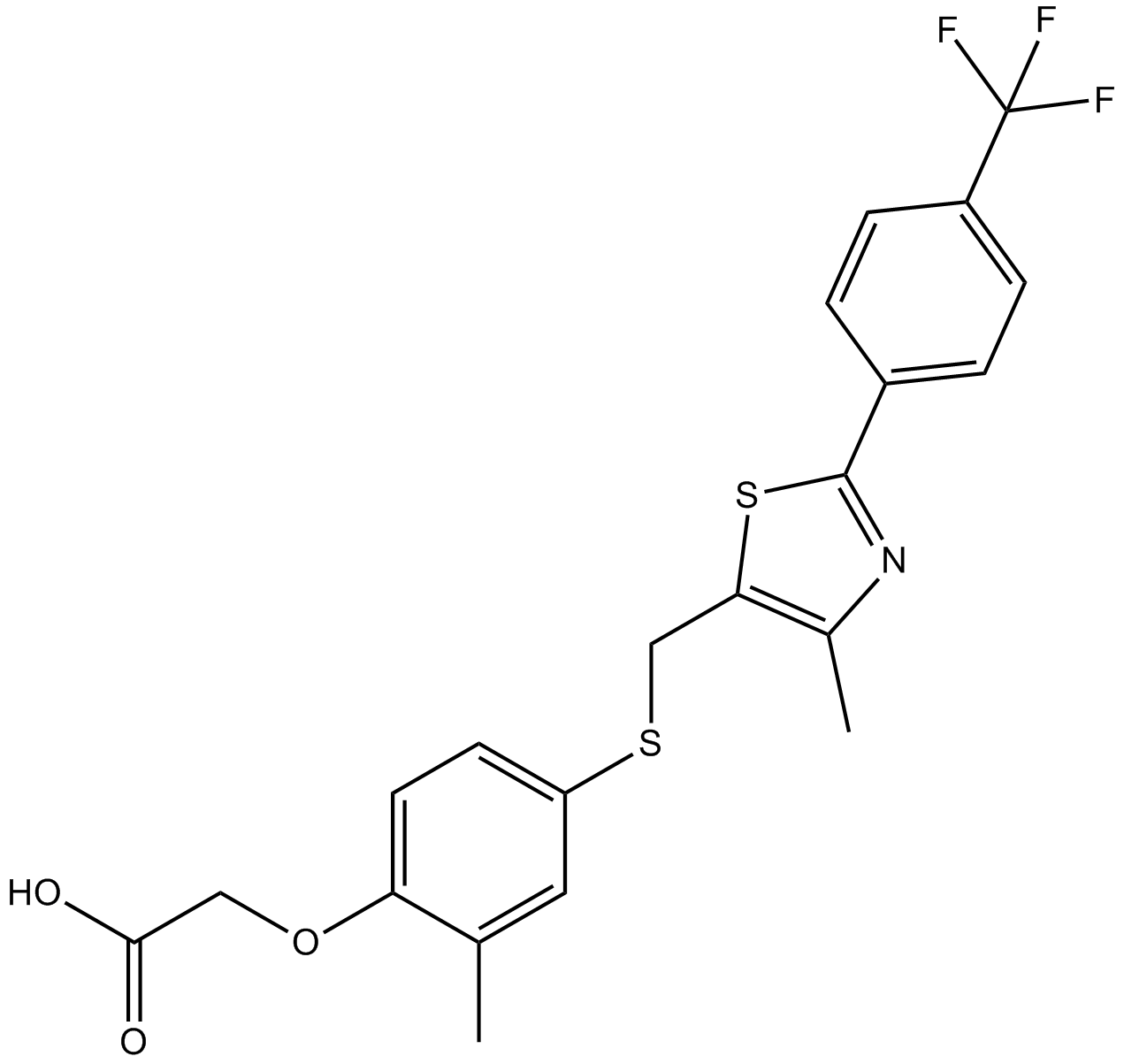 A4309 GW5015161 CitationSummary: PPARδ agonist,selective and potent
A4309 GW5015161 CitationSummary: PPARδ agonist,selective and potent -
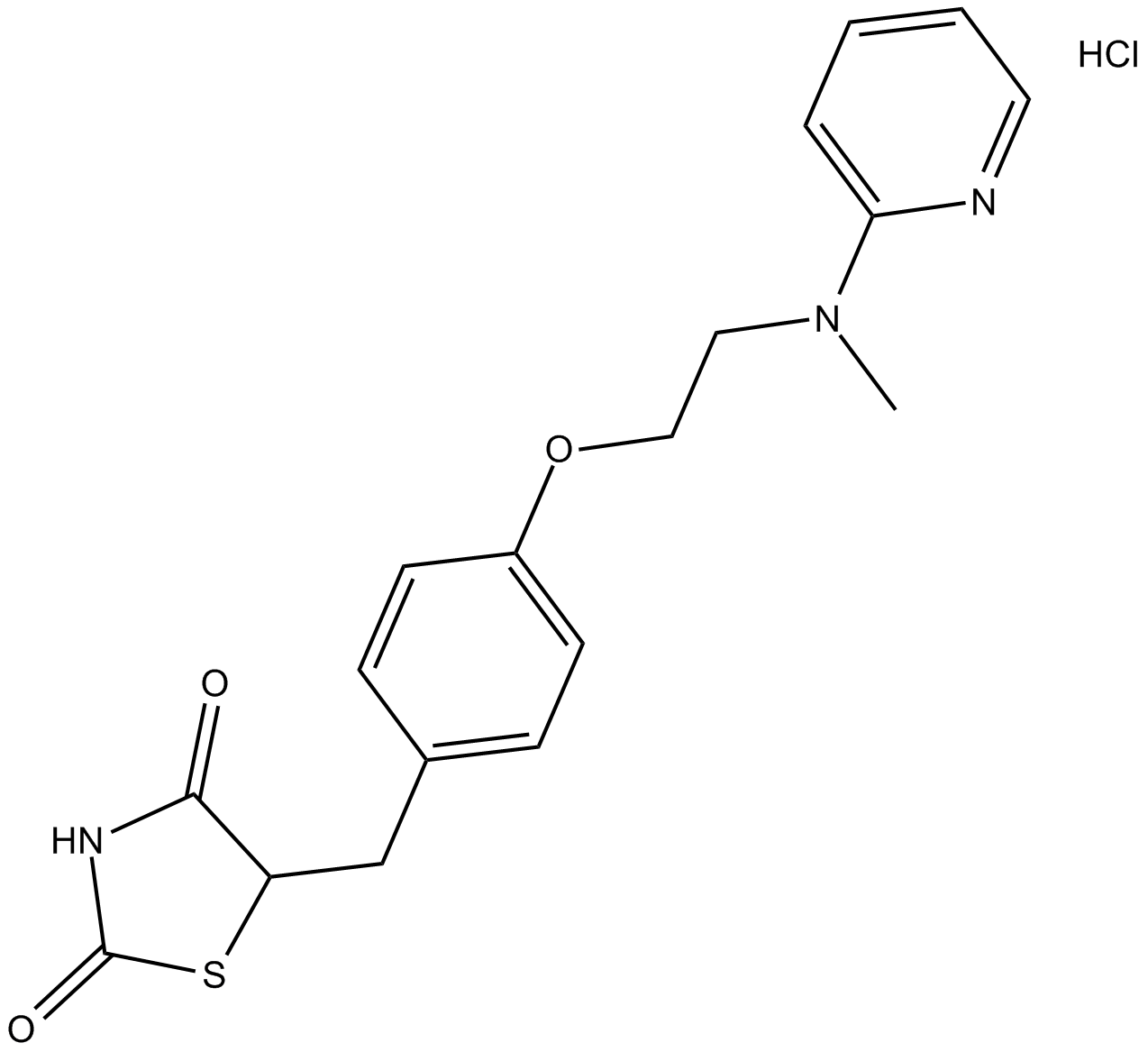 A4310 Rosiglitazone HClSummary: PPARγ agonist
A4310 Rosiglitazone HClSummary: PPARγ agonist -
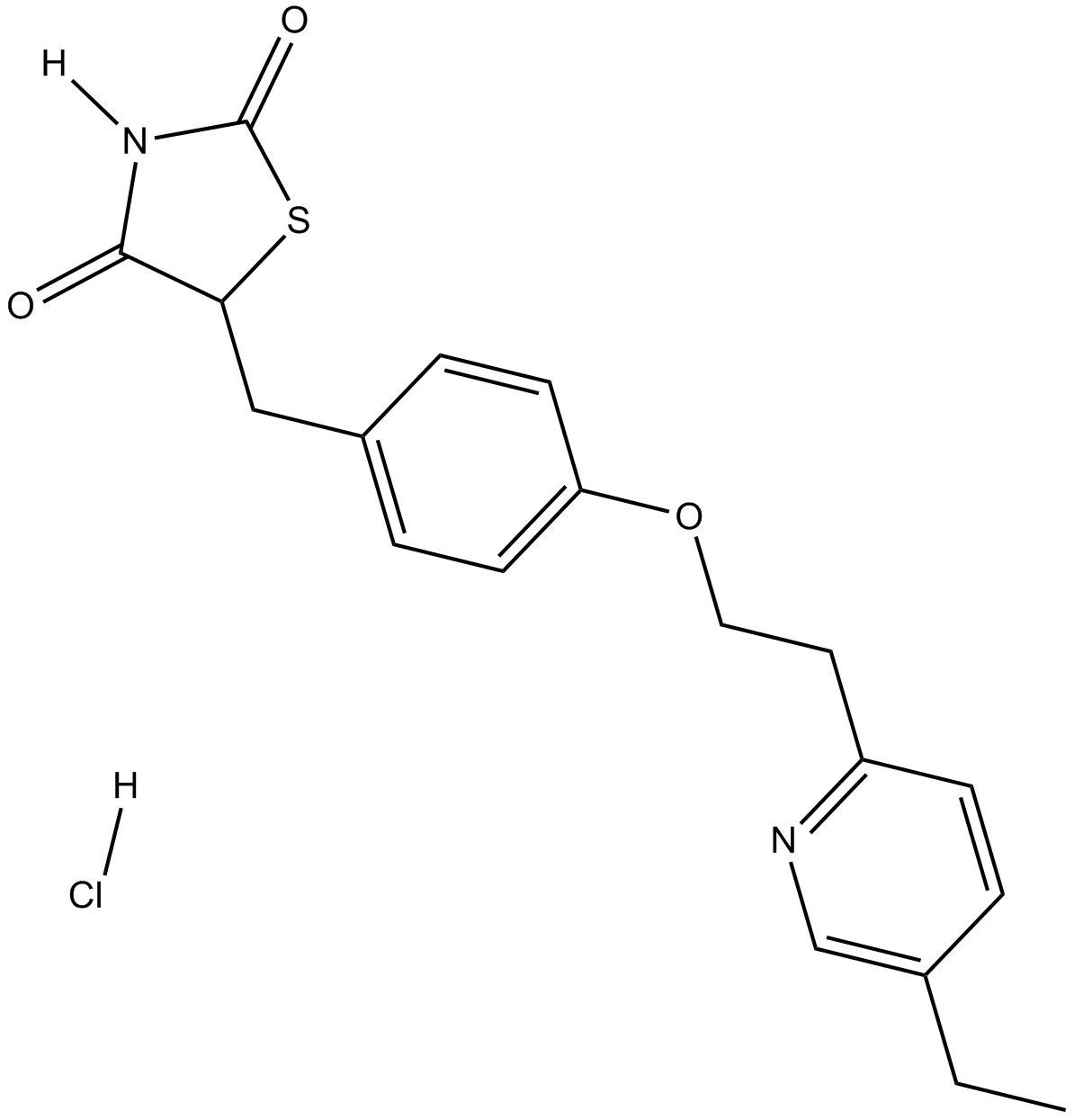 A4324 Pioglitazone HClSummary: PPARγ agonist
A4324 Pioglitazone HClSummary: PPARγ agonist -
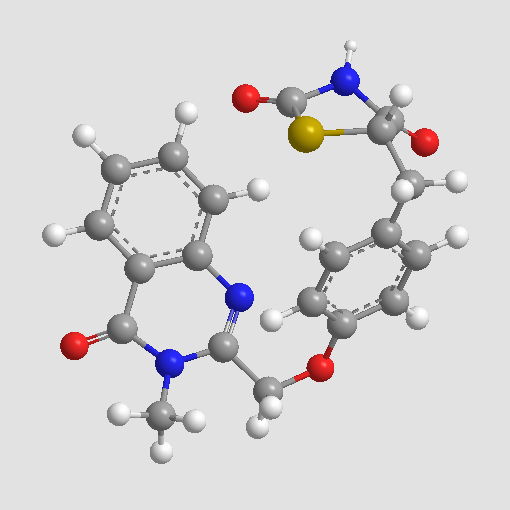 A3216 BalaglitazoneSummary: PPAR-γ partial agonist
A3216 BalaglitazoneSummary: PPAR-γ partial agonist -
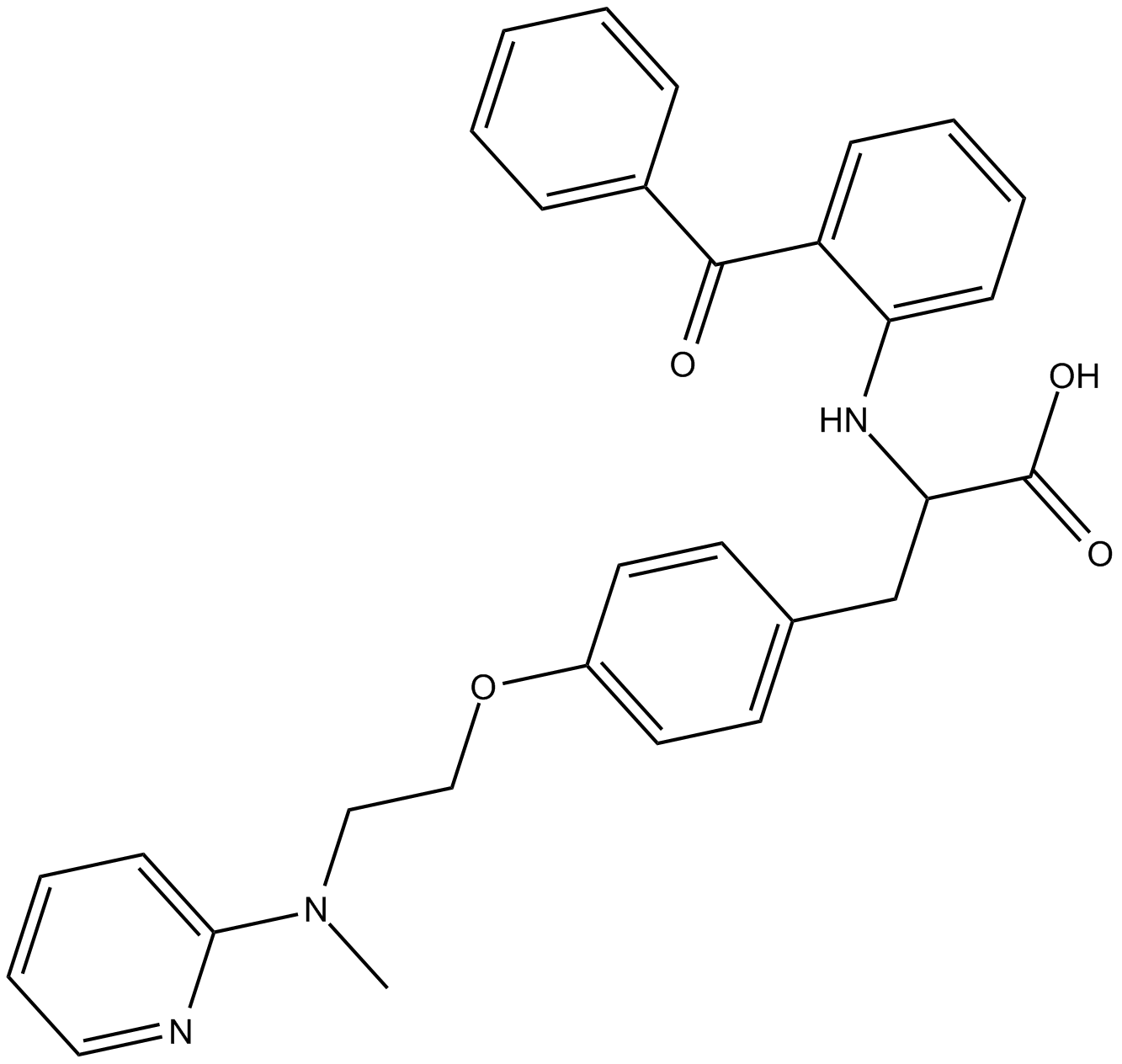 A3453 GW1929Target: PPARSummary: Potent PPARγ agonist
A3453 GW1929Target: PPARSummary: Potent PPARγ agonist -
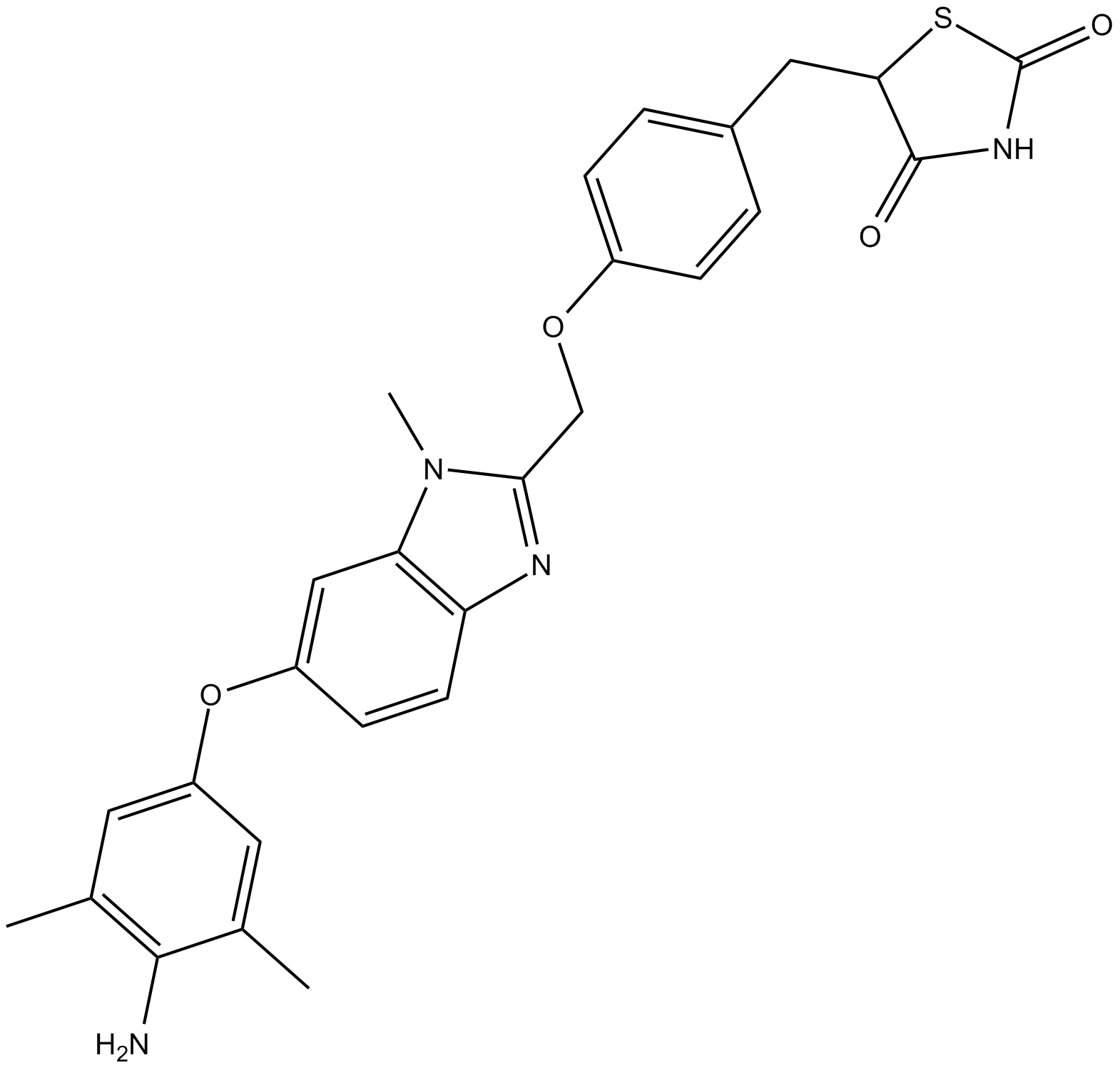 A3498 InolitazoneSummary: PPARgamma agonist
A3498 InolitazoneSummary: PPARgamma agonist -
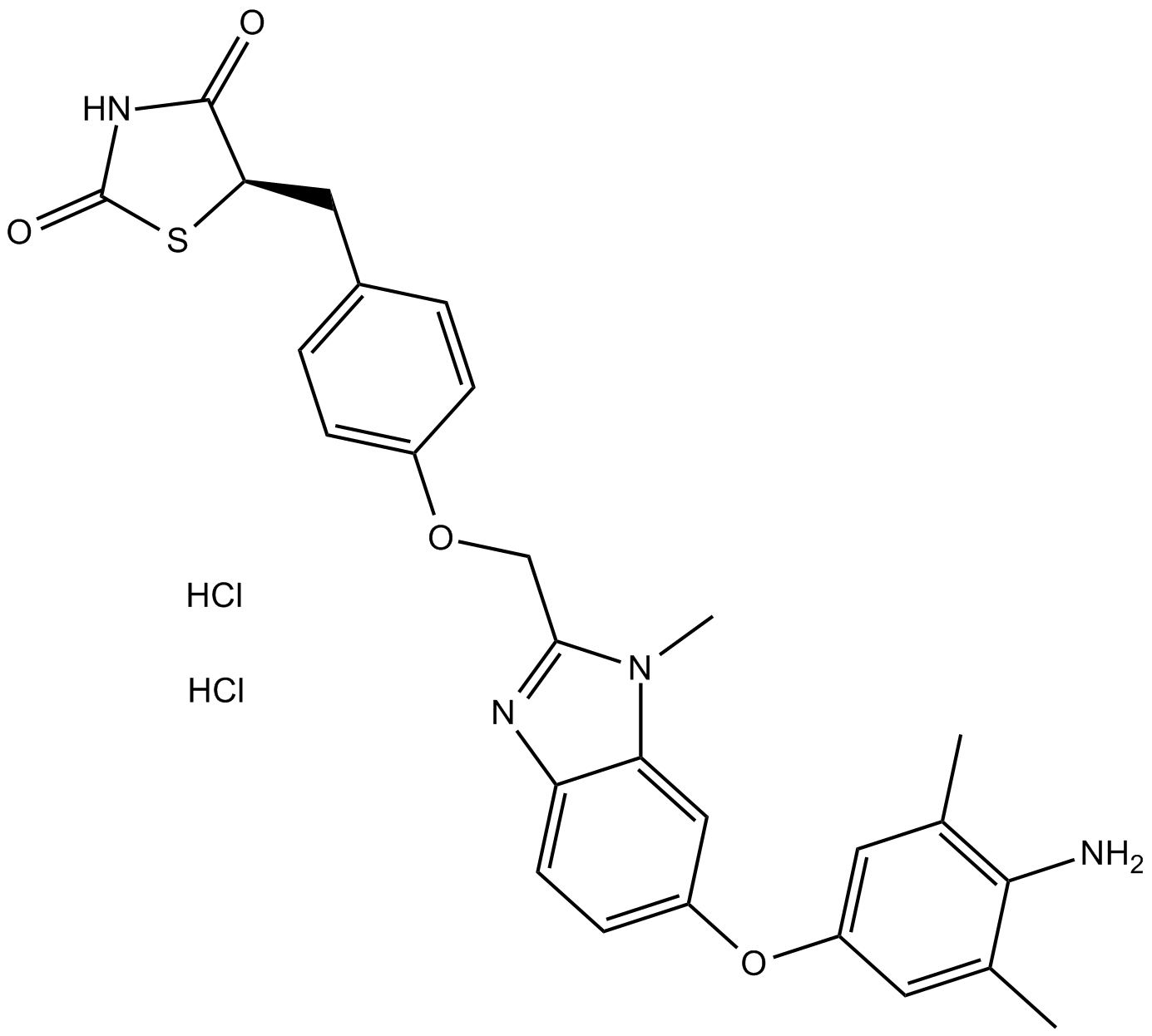 A3499 Inolitazone dihydrochlorideSummary: PPARγ agonist,high-affinity and novel
A3499 Inolitazone dihydrochlorideSummary: PPARγ agonist,high-affinity and novel -
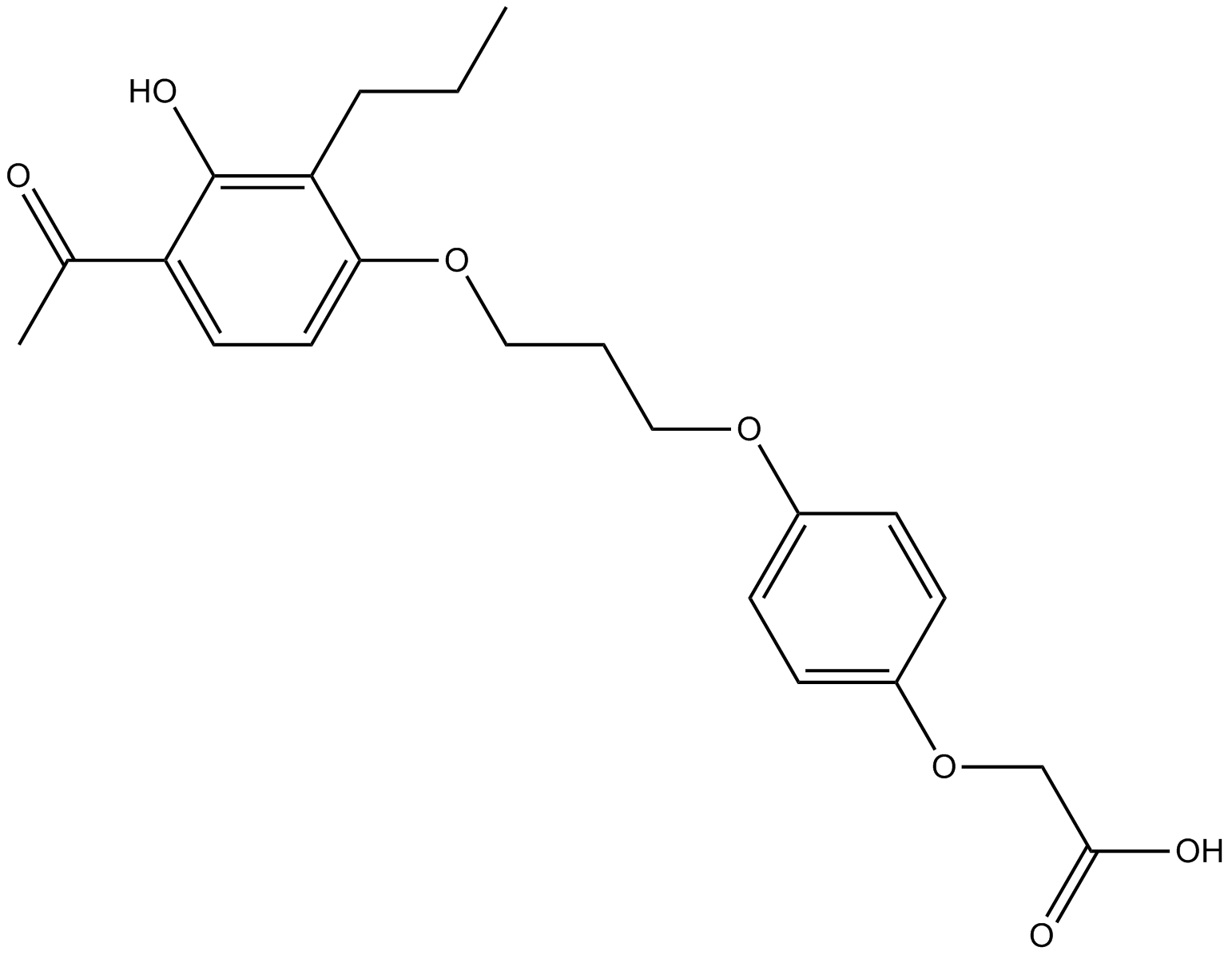 A3536 L-165041Target: PPARSummary: PPARβ/δ agonist,cell permeable,potent and selective
A3536 L-165041Target: PPARSummary: PPARβ/δ agonist,cell permeable,potent and selective -
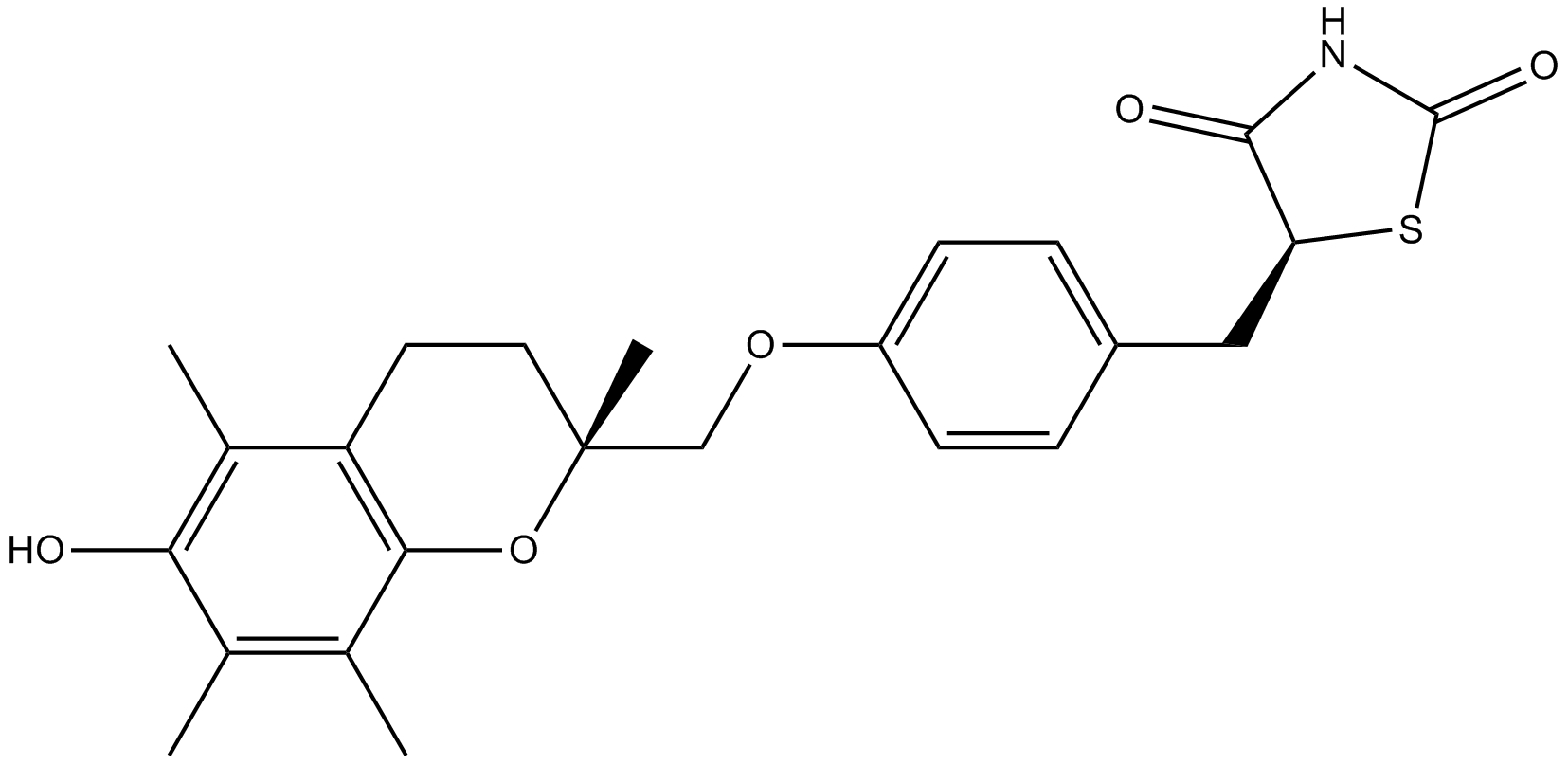 A3893 TroglitazoneTarget: PPARSummary: Selective PPARγ agonist
A3893 TroglitazoneTarget: PPARSummary: Selective PPARγ agonist

